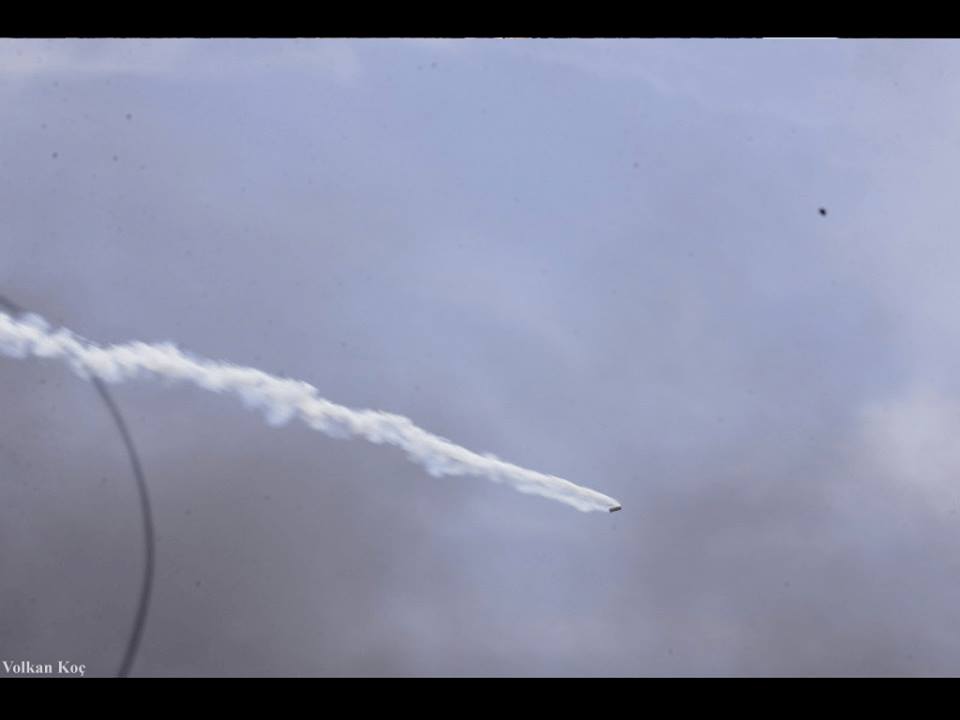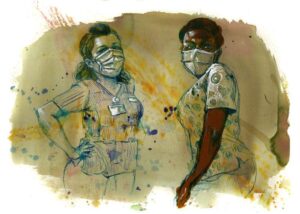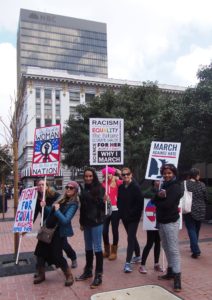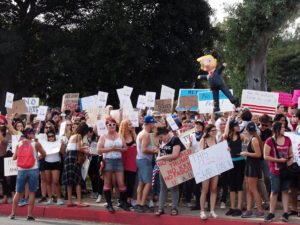Professor Bâli: Prime Minister seems bent on pursuing polarization

Interview with Asli Ü. Bâli on protests in Turkey and the government response to it…
Professor Bâli is Assistant Professor of Law at the UCLA School of Law. She teaches Public International Law, International Human Rights and a seminar on the Laws of War.
Here is the interview:
What is your understanding of the protests in Turkey and the government response to it?
The police brutality and repression that was witnessed beginning on May 31st is consistent with the way that this government has responded to protest and dissent in the public square, whether in response to the earlier protests in Beyoglu over other demolitions or the May Day protest. The difference is that this time instead of successfully dispersing the protesters the strategy backfired, producing a tidal wave of solidarity with the protesters that has witnessed hundreds, thousands and eventually tens of thousands streaming from all over the city to Taksim/Gezi Park to join the protests, express dissent and give voice to long accumulating grievances. In the face of this kind of popular movement, the strategy of even more police brutality and repression is unlikely to succeed in dispersing anyone, even if Taksim Square or GeziPark is cleared. A significant segment of the public has been galvanized and this requires a completely different strategy, one that Erdogan has little experience with. Accepting criticism, building consensus, making compromise and governing in an inclusive, pluralist and participatory manner. For now, the Prime Minister seems bent on pursuing polarization precisely to avoid such a new mode of governance. His statements at the demonstrations he has organized and his public press conference and other appearances suggest that he is pursuing a strategy of polarization in the hope that he will consolidate his base and persuade them, using a familiar us-against-them paradigm, that the protests are a rebuke against his constituents rather than against himself. He may ultimately be right that this is a winning strategy for him at the polls—time will tell—but it will certainly not address the grievances against his government or demobilize the protesters. It is also not a sustainable long-term strategy for governance.
What is terrorism? Are the protestors terrorists?
Terrorism is the deliberate targeting of civilians with violence and threats of violence to accomplish political ends. The protests are almost entirely devoid of such violence. The few clear instances of violence that I have seen documented have been against heavily armed riot police and have appeared to be largely defensive in nature. And such incidents have been few and far between, particularly when the scale of protests are taken into account. In short, there is nothing about the protests that have any relationship to terrorism.
What is the rule of law? Can a minister redefine the law ignoring the courts and the parliament?
The rule of law means that any attribution of criminal liability must be on the basis of due process of law. By definition, the procedural rights of the accused cannot be secured if guilt and innocence turns not on evidence before a court of law but pronouncements by elected officials.
How will the events affect the future of Turkish democracy?
There are two possible scenarios that might describe the events we have all been witness to in the last weeks. On the one hand, they might be described as a necessary stage in the consolidation of Turkish democracy. The protesters are not deploying the clichés of earlier schisms in Turkey (such as Kemalist-Islamist) but have developed a cross-cutting movement that is focused on ecological issues, issues of civil rights and the right of peaceful assembly, good governance and anti-corruption. In short, the protesters are in the streets demanding a right to participate in a democratic system not merely through elections but by holding their government accountable. The belief that the public has a right to make these demands is critical to a well-functioning democratic system. On the other hand, the government’s response may well signal backsliding on democratizing reforms (some of which the AKP itself has secured) and that, of course, is a very negative trend. Ultimately, whatever else the protests may accomplish they have offered a political lesson through public action that no politician in Turkey is above accountability, however strategically or tactically savvy they may be at the polls. That is an extremely important accomplishment but we do not yet know whether the present government is able to internalize this lesson without resorting to even more extreme forms of illiberalism and repression.
There is a fear of a civil war. What is your opinion?
With the example of a terrifying civil war in Syria, I hope that Turkey will be able to emerge from this crisis without reaching any such tipping point.
Featured image by Volkan Koc




